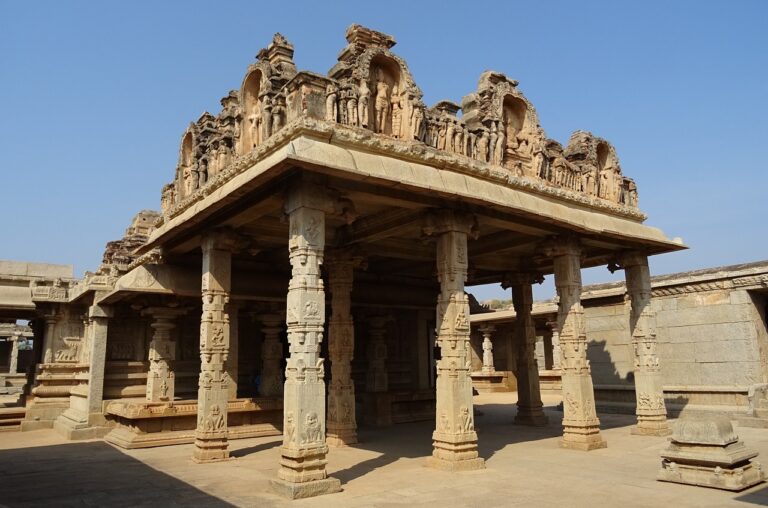Exploring the Use of Secure Enclaves in Protecting Election Data: Golden exchange, Cricbet99, King567
golden exchange, cricbet99, king567: In recent years, there has been a growing concern about the security and integrity of election data. With the rise of cyberattacks and data breaches, it has become essential to find innovative ways to protect sensitive information, especially when it comes to something as critical as election data.
One promising solution that has gained traction in recent years is the use of secure enclaves. Secure enclaves are isolated areas of a computer’s memory that are designed to protect sensitive data from outside interference. By using encryption and other security measures, secure enclaves create a secure environment where data can be processed without the risk of being compromised.
So how can secure enclaves be used to protect election data? Let’s explore some of the ways in which this technology can be leveraged to ensure the security of our voting systems.
Secure Enclaves for Data Encryption
One of the primary uses of secure enclaves in protecting election data is through data encryption. By storing sensitive information within a secure enclave, election officials can ensure that it is encrypted and protected from unauthorized access. This not only helps to prevent data breaches but also ensures that the integrity of the election process is maintained.
Secure Enclaves for Secure Voting Systems
Another way in which secure enclaves can be used to protect election data is by securing voting systems themselves. By integrating secure enclave technology into voting machines and systems, election officials can ensure that the voting process is secure and tamper-proof. This can help to prevent hacking and other forms of interference that could compromise the outcome of an election.
Secure Enclaves for Data Processing
In addition to data encryption and securing voting systems, secure enclaves can also be used for data processing. By utilizing secure enclaves for tasks such as verifying voter registration and counting ballots, election officials can ensure that sensitive data is processed in a secure and reliable manner. This can help to streamline the election process and reduce the risk of errors or fraud.
FAQs
Q: How do secure enclaves differ from traditional encryption methods?
A: Secure enclaves offer a higher level of security by creating isolated areas of memory where data can be processed securely. This provides an extra layer of protection beyond traditional encryption methods.
Q: Are secure enclaves foolproof?
A: While secure enclaves offer a high level of security, they are not completely immune to attacks. It is essential to implement additional security measures and protocols to ensure that election data is fully protected.
Q: Can secure enclaves be used in other industries besides elections?
A: Yes, secure enclaves can be used in a variety of industries to protect sensitive data, such as healthcare, finance, and government agencies.
In conclusion, the use of secure enclaves in protecting election data represents a critical step towards ensuring the security and integrity of our democratic processes. By leveraging this innovative technology, election officials can safeguard sensitive information and maintain trust in our voting systems. As we continue to face new threats to our data security, secure enclaves offer a promising solution to keep our elections safe and secure.







